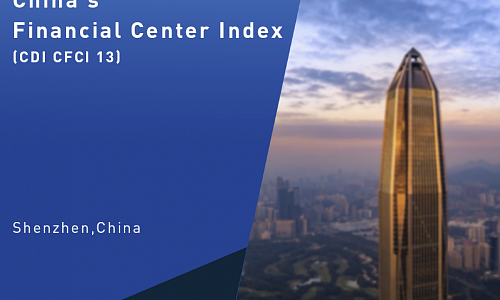The economy is showing various signs of weakening. In Q3, GDP was up 6% y/y, down 0.2 pps from Q2, and down 0.5 pps from Q3, 2018. Industrial output was up 5% y/y, down 1 pp from Q3, 2018. Investment was up 4.7% y/y, down 0.8 pps from Q2.
Retail sales of social consumption goods were up 7.6% y/y, down 1 pp from Q2, and down 1.4 pps from Q3, 2018. Sales’ real growth rate was 5.7% y/y, down 0.8 pps from both Q2 and Q3, 2018. Imports fell 2.9% y/y, down 5.2 pps from Q2, and down 21.9 pps from Q3, 2018. Exports rose 3.9% y/y, down 1.8 pps and 6.4 pps from Q2 and Q3, 2018 respectively. The trade declines were mainly caused by the weakening global economy, and trade war with the United States.
In Q3, CPI rose 2.9% y/y, up 1.1 pps from Q1, continuing its appreciation trend. Producer prices turned to negative growth. The ex-factory price index of industrial goods fell 0.8% y/y, and PPI fell 1.2% y/y, both down 1.3 pps from Q2. Higher CPI raised policymakers’ concern, leading to tightening monetary policy. At the end of September, M2 was up 8.4% y/y, the same as in June. M1 was up 3.4% y/y, down 1 pps from the end of June.
On October 23,the State Council announced 12 detailed measures to better facilitate cross-border trade and investment, including by improving foreign exchange management, and by further streamlining regulatory requirements, with a view to using a more enabling business environment to attract foreign investors. We believe these detailed plans complement the central leadership’s promise early this year of keeping China more open, in contrast to the rise of protectionism in some other countries. The plans are very detailed, and are expected to have an immediate positive impact on trade and foreign investment, and therefore on aggregate economic growth.









